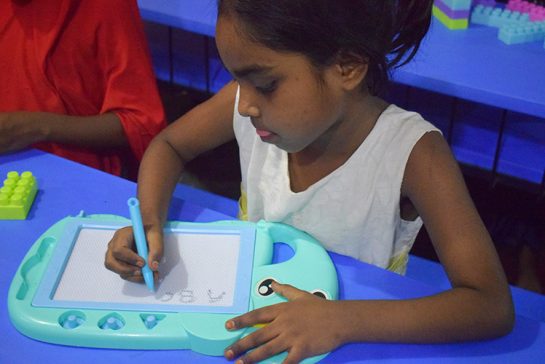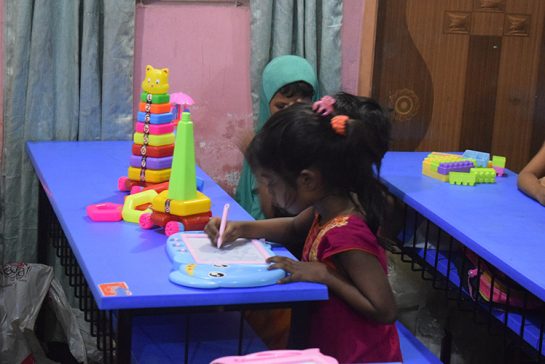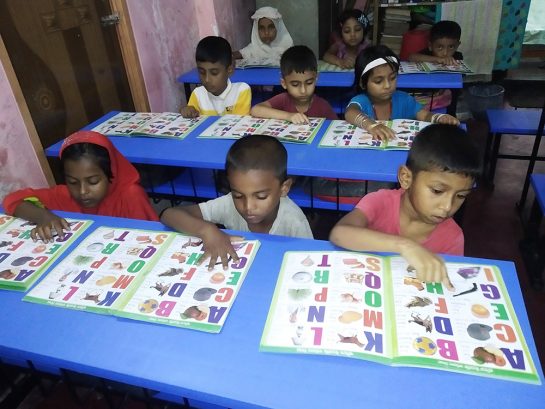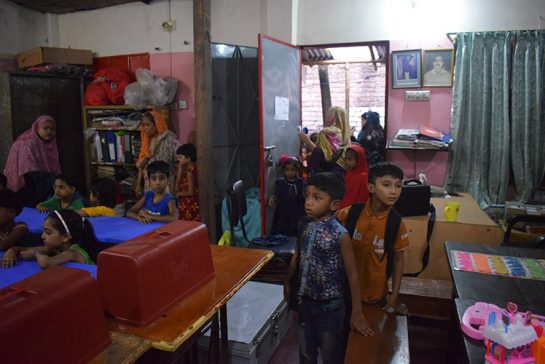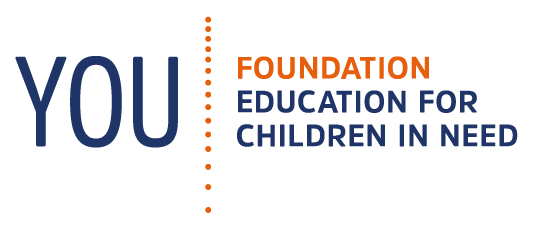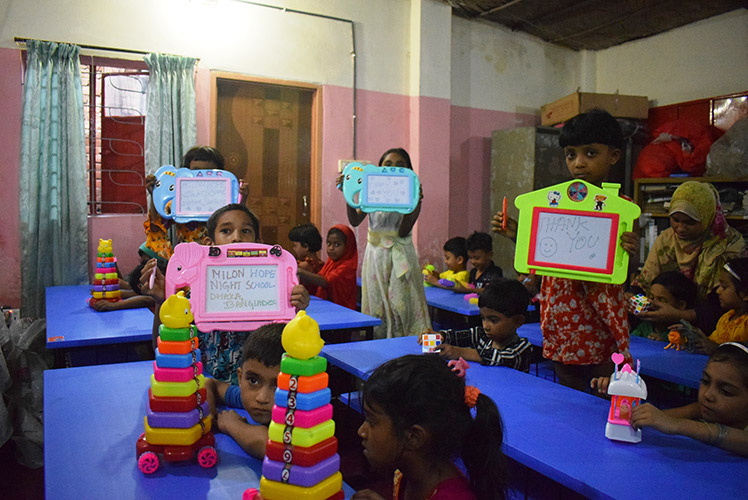Early childhood is the fastest developmental stage in human life. The goal of this project is to integrate early childhood programs with our existing Night School and Mobile Quality Schools education program for the poorest children to improve their developmental and learning abilities.
A child who is prepared for school in developing countries is less likely to drop out of school and has a better chance of obtaining higher education.
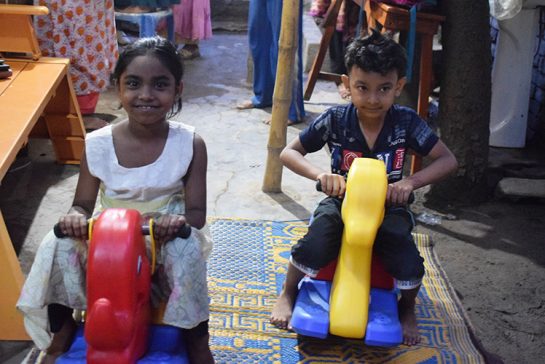
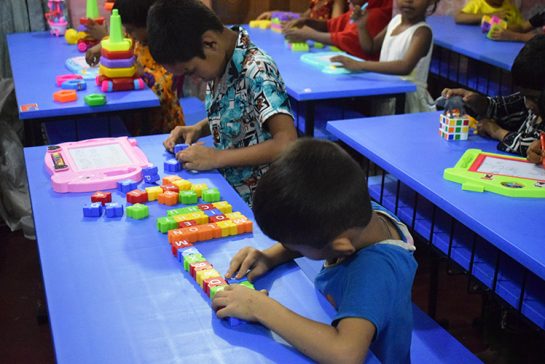
Early childhood development remains one of the most powerful levers for accelerating Education for All (EFA), a key pillar of UNESCO’s work, and achieving the Sustainable Development Goals (SDGs). It will play a critical role in education and poverty eradication. Early childhood development is the first and most important step on the path to primary school completion.
Learning begins at birth and develops in response to comprehensive environmental factors. Both learning content and learning behaviors are influenced by the immediate environment of a child’s family, home, and community. In our target area, the streets and slums of Bangladesh, this is extremely vulnerable. A good, child-friendly learning environment is therefore essential.
- To date, we have been able to accomplish the following for this project ECD project:
- Established four new Early Childhood Development (ECD) units. Of these, three are located in Dhaka district and one in Chottogram district.
- 100 preschool children aged 4-6 years are already enrolled at the four ECD sites and enrollment of more children is underway.
300 children have been enrolled in primary education (6 – 12 years). - Required, quality textbooks have been provided.
- Workshops are being held with parents to discuss children’s participation in classes and how to protect children from risky and dangerous work and exploitation.
- Cooked and healthy food to reduce hunger is provided.
- School materials, toys, puzzles and school uniforms for 400 children were distributed.
Psychosocial care for in need children is part of the project. - Extracurricular activities are organized.
Winter clothes were distributed to 300 of the most in need children. - Orientation sessions on children’s rights and protection of marginalized children were conducted in different areas.
- An attractive, quality curriculum and child-friendly materials are in place.
- Sick students are examined and provided with necessary medication.
Parents are taught the importance of early childhood development, healthy nutrition and additional support.
If you would like to help fight against child laborers or child slavery, please support us with the “Night Schools” program.
